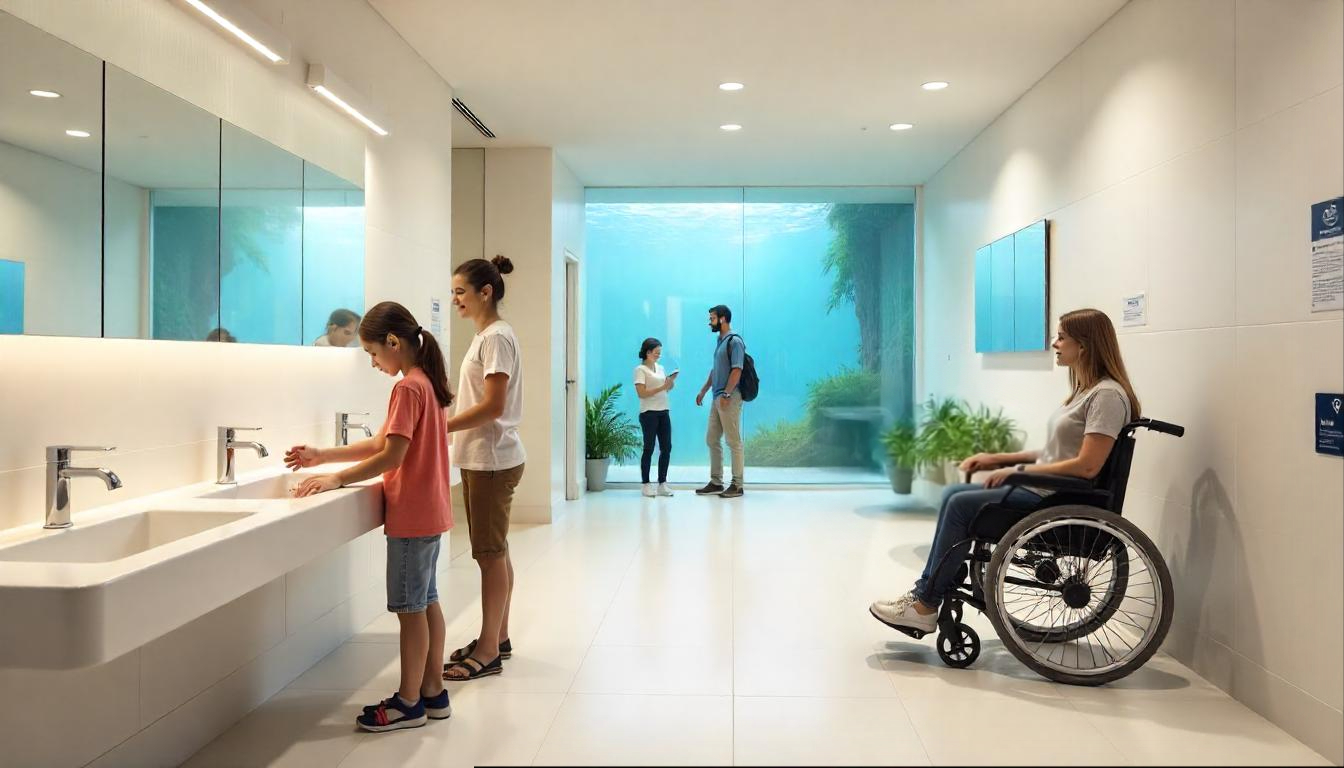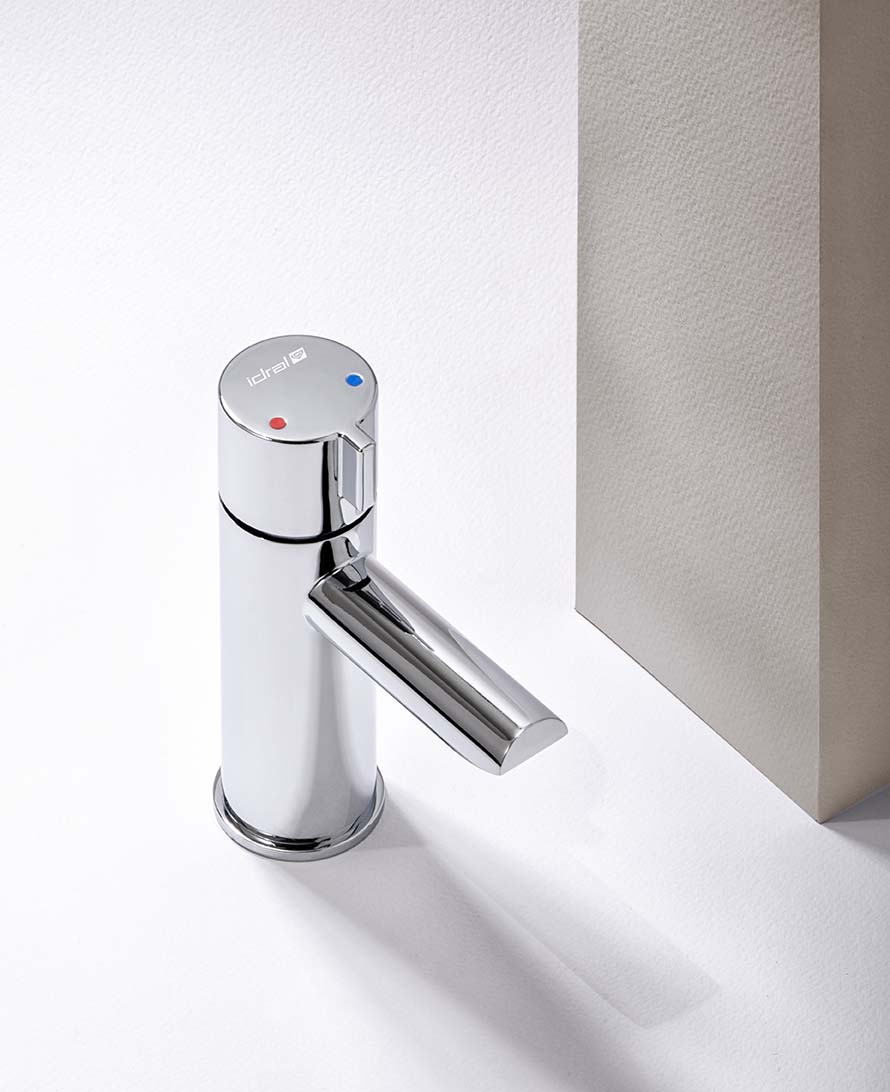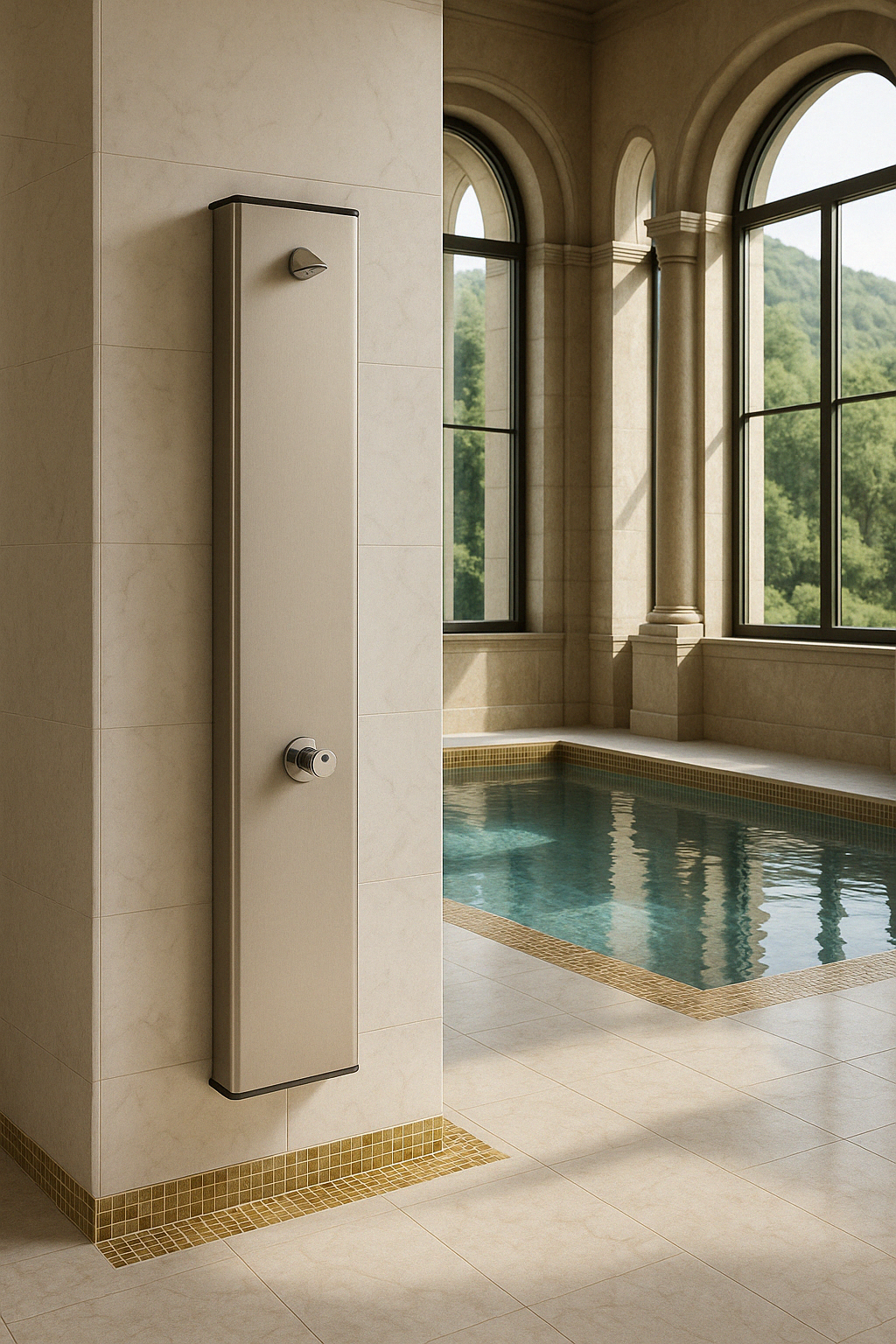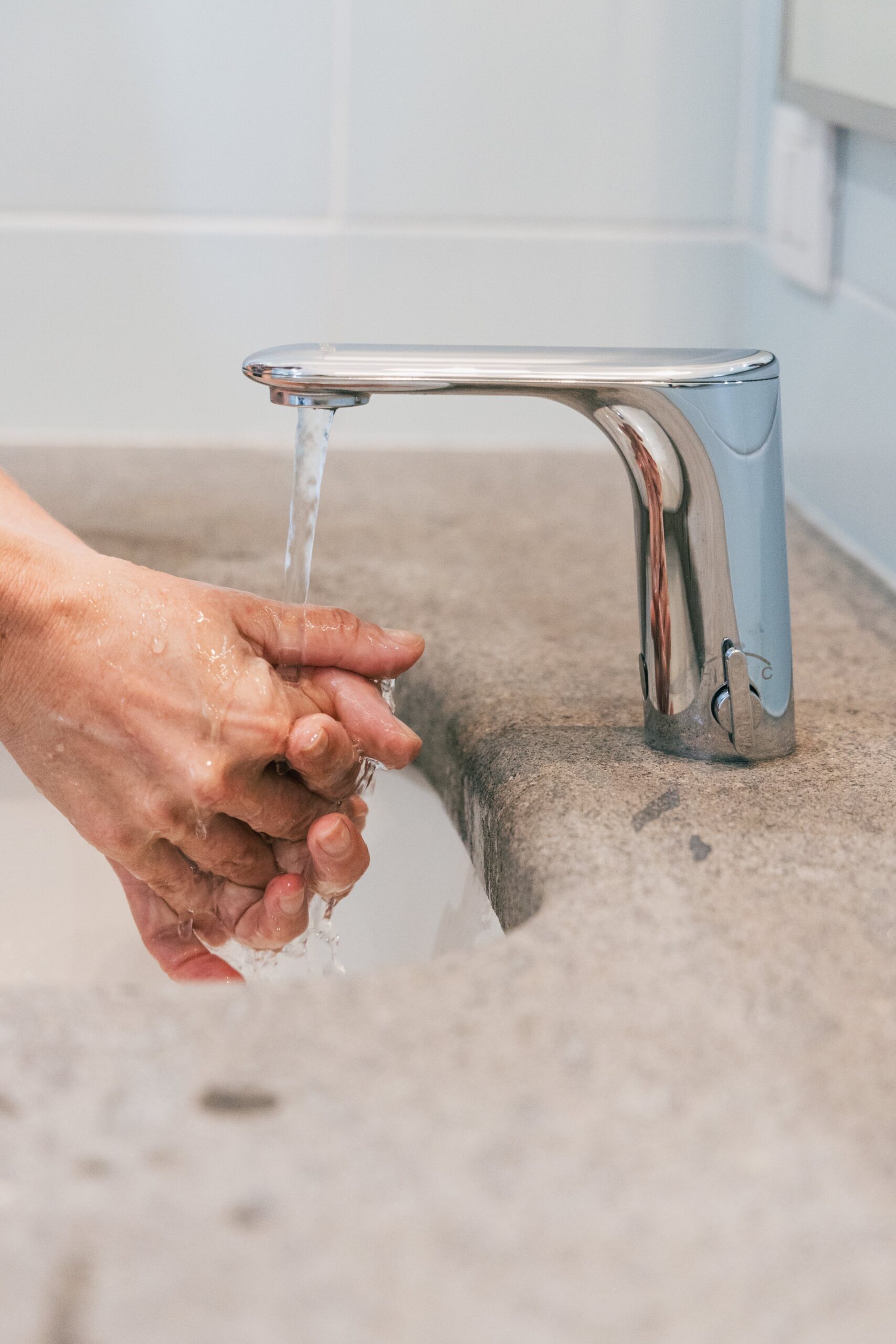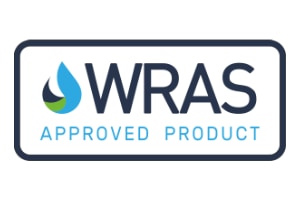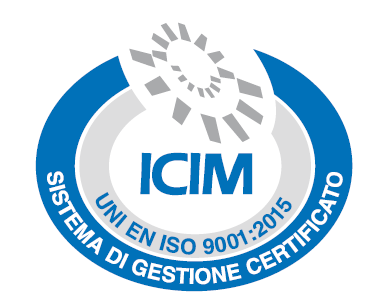A tap is what allows us to control water, the vital element to which we devote an entire room in our homes and without which we would be unable to fulfill our hygiene and personal care needs. Invented in Roman times, the tap has continuously evolved, to reach today’s high technological and quality standards, which are even more exacting for public and commercial applications. For this reason, Idral S.p.a. has made it its mission to deliver taps that are able to guarantee maximum reliability and top performances. But what requirements must a tap meet for it to be released for installation on site? What processes must it complete and what tests must it pass? During their manufacturing, all Idral taps undergo a variety of production processes and checks. There are 3 types of checks and 3 types of processes. .
CHECKS:
- Raw material checks: these are conducted in order to make sure that all materials are fit for their intended use and are able to guarantee correct part performance and compliance with applicable regulations on contact with drinking water, as required for our products to be certified for the world market.
- Dimensional checks: these include all measuring and inspection checks conducted to ensure that all parts feature the correct shape and dimensions, so that they can be correctly assembled together and ensure uniform and constant performances.
- Performance checks: appearance and air/water tightness functional/performance tests, indicating that the product is ready for the next production stage or for sale.
MANUFACTURING PROCESSES:
- Manufacturing: these are the key production processes, those that turn concepts into shapes and take place in the early stages of part making. The main manufacturing processes are: casting, hot forging, injection moulding, die casting, sintering and drawing. During this stage, at least two of the three types of checks described above are conducted, depending on the production process. Raw material and dimensional checks are conducted in all cases, while performance checks only when required by the specific process.
- Machining: normally taking place after Manufacturing and before Assembly, this is the stage where unfinished parts are transformed into finished parts. In the tap-making industry, the main machining processes are: lathing, bending, welding, polishing and plating.
- Checks conducted at this stage comprise dimensional checks and performance checks, while raw material checks are only carried out if a new material is added, such as in the case of welding, where an alloy is used to weld the parts together.
ASSEMBLY:
Assembly is the process by which all parts – preassembled or individual – are finally put together. It may be performed automatically or manually, depending on the shape and function of the product.
Checks at this stage consist of dimensional checks and performance checks. At this stage, at Idral S.p.a, we test 100% of our products, ensuring that they are able to perfectly perform all their functions.
JUST AN EXAMPLE…
It is difficult to say how many checks an Idral tap must pass, before it can say “I’M READY!”, but an average calculation can be suggested.
Let’s take for example Idral Electronic Mixer product no. 02512, consisting of 27 different parts, each one of which must complete all thee production processes (Manufacturing, Machining and Assembly) and must pass at least 2 checks in each process (raw material checks, dimensional checks and performance checks).
(27 parts x 3 processes) x 2 checks = 162 quality checks
A total of 162 quality checks, to deliver reliability, resistance and quality, for a product that is able to meet all the needs of large communities and high-footfall sites.

